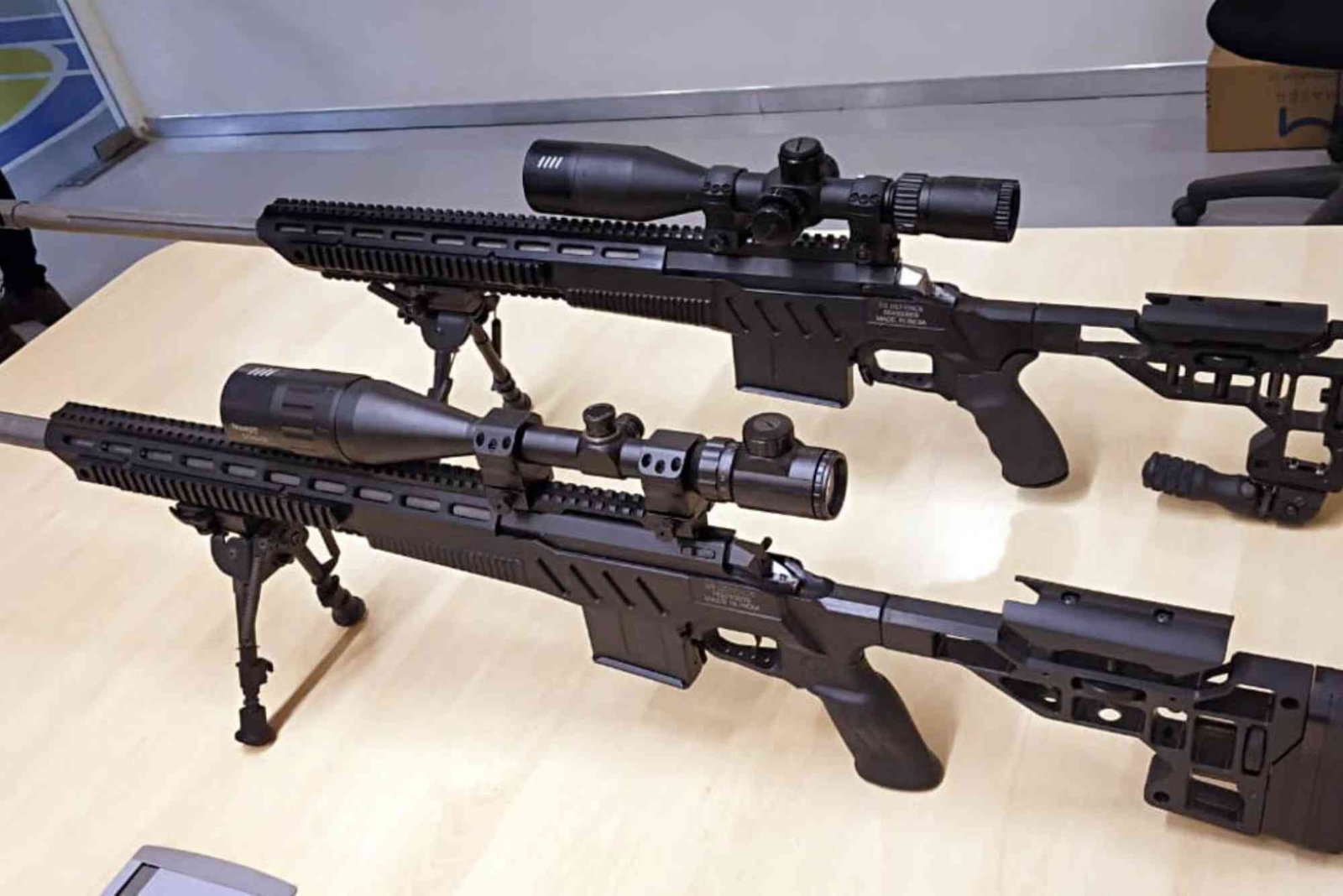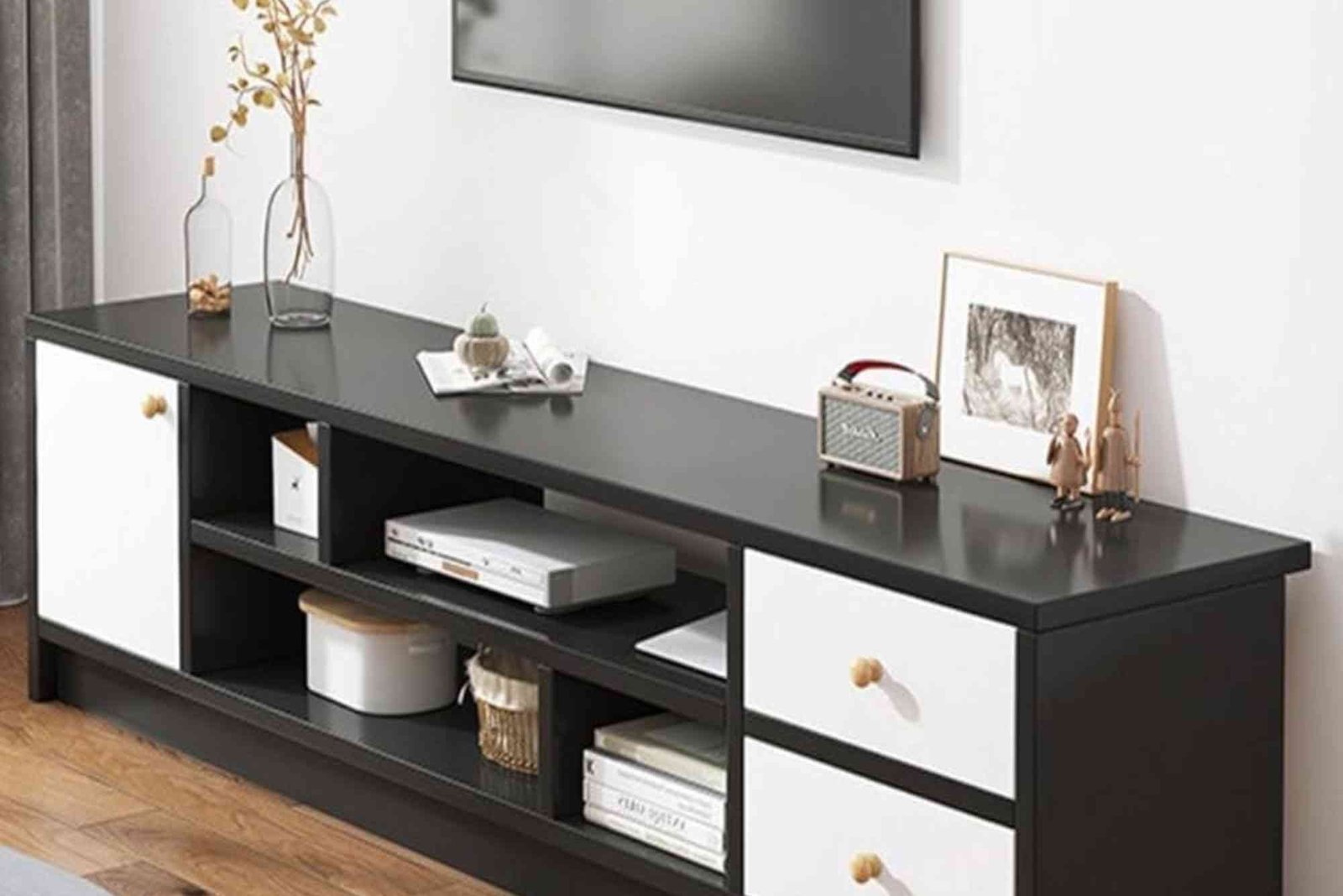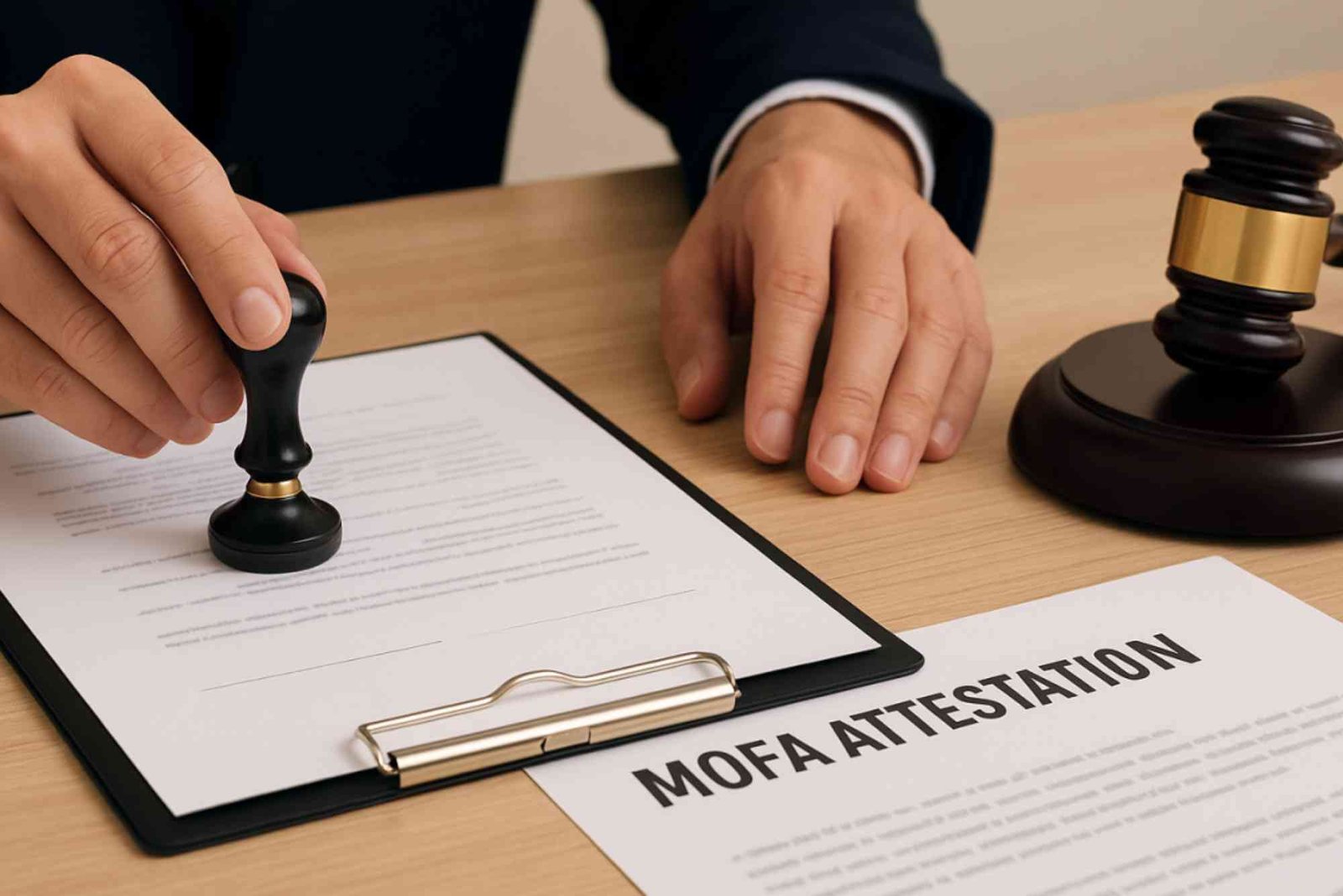What Are Foreclosed Homes?
Foreclosed homes are properties that a lender has taken back from a homeowner who defaulted on their mortgage. The lender typically tries to sell these properties to recover the balance of the loan.
Why Buy a Foreclosed Home Near You?
Purchasing a foreclosed home near your current location has several benefits. These homes are often sold below market value, which can result in significant savings. Additionally, buying a property in a familiar area allows you to gauge the neighborhood, schools, and amenities, reducing the uncertainty that often comes with purchasing in unknown areas.
How to Find Foreclosed Homes Near You
Finding foreclosed homes near you can be done through several channels, and it’s important to leverage the right tools.
Online Listings
Many websites list foreclosed homes by location. Major real estate sites like Zillow and Realtor.com offer filters that allow you to search specifically for foreclosures. Government resources like HUD.gov also provide local foreclosure listings for properties owned by the U.S. Department of Housing and Urban Development.
Real Estate Agents Specializing in Foreclosures
Partnering with a local real estate agent who specializes in foreclosures can be a great advantage. These agents have access to databases and knowledge about upcoming foreclosures that might not be publicly listed yet. They can also guide you through the bidding and purchasing process, ensuring a smoother transaction.
Government and Bank Listings
Banks and government agencies often list foreclosed properties directly. Fannie Mae, Freddie Mac, and other financial institutions have special programs for buying REO (Real Estate Owned) properties. Searching through these sources can yield listings that might not appear on regular real estate websites.
Buying a Foreclosed Home Near You
Once you’ve found a local foreclosed property that interests you, the next step is understanding the process of purchasing it.
Step-by-Step Process
- Search for Listings: Start by searching online databases, working with a real estate agent, or attending local foreclosure auctions.
- Financing: Make sure you have financing in place. Many foreclosed properties are sold for cash, but financing options are available if you pre-qualify with a lender.
- Inspect the Property: Foreclosed homes are often sold “as-is,” so it’s important to inspect the property to identify any potential repairs.
- Submit an Offer: Depending on the method of sale, you may need to submit an offer directly to the bank or participate in an auction.
- Closing the Deal: After an offer is accepted, the sale will proceed to closing. Be prepared for additional costs such as back taxes or liens.
Financing a Foreclosure

While foreclosed homes are typically cheaper, financing them can sometimes be more challenging. Make sure to work with a lender familiar with foreclosed properties. Some government programs, like FHA 203(k) loans, can help finance both the purchase and the repairs of a foreclosed home.
Inspections and Due Diligence
Always perform a thorough inspection of the property. Since many foreclosed homes have been neglected, you might find issues such as broken plumbing, damaged roofs, or structural problems. Understanding the repair costs upfront will help you make an informed decision.
Benefits of Buying Local Foreclosures
Purchasing foreclosed homes near you comes with several advantages.
Lower Prices
The most significant benefit of buying a foreclosed home is the potential to purchase it below market value. Banks are often eager to offload these properties quickly, offering discounts to attract buyers.
Potential Investment Opportunity
Buying local foreclosures can offer great investment potential. Since you’re familiar with the local market, you can make more informed decisions on whether the property could appreciate in value or be used as a rental.
Familiarity with the Area
When you buy a foreclosure near your current location, you already know the neighborhood and its amenities. This reduces the uncertainty that comes with buying in an unfamiliar area.
Risks to Consider When Buying Foreclosed Homes Near You
While there are benefits to buying foreclosures, there are also risks.
Hidden Costs
Foreclosed homes are often sold “as-is,” which means the buyer is responsible for all repairs. Make sure you budget for potential hidden costs such as property repairs, unpaid taxes, or liens on the property.
Condition of the Property
Many foreclosed homes have been vacant for long periods, leading to maintenance issues. Common problems include water damage, mold, broken windows, and faulty appliances.
Local Market Factors
Understanding the local real estate market is essential. Buying a foreclosure in a declining market may lead to lower resale value or difficulties finding tenants if you plan to rent the property.
Foreclosure Laws and Regulations in Your Area
Foreclosure laws vary from state to state, so it’s important to understand the legal framework where you’re purchasing.
Local Foreclosure Laws
Some states follow a judicial foreclosure process, which requires the lender to go through the courts, while others use a non-judicial foreclosure process that allows lenders to foreclose without court intervention.
Timelines for Foreclosure Sales
The timeline for foreclosures varies by state. In some areas, the process may take only a few months, while in others, it could take over a year.
Understanding Local Property Taxes
When purchasing a foreclosed home, be aware of any outstanding property taxes or liens. These obligations may transfer to the new owner, so it’s essential to factor this into your total cost.
How to Avoid Foreclosure in Your Area
For homeowners facing foreclosure, there are steps you can take to avoid losing your home.
Local Programs for Homeowners
Many states and cities offer programs to help struggling homeowners. These programs provide financial assistance or allow for loan modification.
Loan Modification and Refinancing
A loan modification adjusts the terms of your mortgage to make payments more manageable. Refinancing your mortgage may also be an option to reduce monthly payments and avoid foreclosure.
Government Resources
Federal programs such as HAMP (Home Affordable Modification Program) and assistance from the FHA are available to help homeowners avoid foreclosure.
Investing in Foreclosed Homes Near You
Investing in foreclosures can be profitable if done wisely.
Is It a Good Investment?
Foreclosed homes can offer great investment potential, but you must carefully assess the condition of the property and the local market before making a purchase.
Tips for Local Investors

Investors should focus on properties in desirable areas with growth potential. Make sure to research the neighborhood, property history, and possible future developments that may affect property values.
Flipping Foreclosures
Flipping a foreclosed home involves purchasing it at a low price, renovating it, and then reselling it for a profit. This strategy requires careful budgeting for repairs and an understanding of the local housing market.
Resources for Finding Foreclosed Homes Near You
Foreclosure Listings by State/City
Many websites offer foreclosure listings, including HUD.gov, Zillow, and Realtor.com. These tools allow you to filter by state, city, or ZIP code.
Local Real Estate Agents and Experts
Working with a real estate agent who specializes in foreclosures can provide valuable insight and access to off-market properties.
Foreclosure Maps and Tools
Interactive tools and maps can help you locate foreclosed homes in your area. These tools provide detailed information on each property, including sale price, condition, and legal status.
FAQs About Foreclosed Homes Near You
What is a foreclosed home?
A foreclosed home is a property taken back by the lender after the homeowner fails to make mortgage payments.
How can I find foreclosed homes near me?
You can search for foreclosed homes on real estate websites, government listings, or by contacting local real estate agents who specialize in foreclosures.
Are foreclosed homes cheaper?
Yes, foreclosed homes are often sold below market value, making them attractive to buyers seeking a deal.
Can I inspect a foreclosed home before buying?
In most cases, yes. However, foreclosed homes are sold “as-is,” so the inspection is critical to assess the property’s condition.
What are the risks of buying a foreclosed home?
Risks include hidden costs, property damage, unpaid taxes, and potential legal complications.
Table: Comparison of Foreclosure Search Methods
| Search Method | Description | Benefits | Risks |
|---|---|---|---|
| Online Listings | Websites that list local foreclosures | Easy access to a wide range of listings | Properties may have limited information |
| Real Estate Agents | Agents specializing in foreclosures | Expert guidance and access to off-market deals | May involve additional agent fees |
| Government Listings | Listings from HUD, Fannie Mae, etc. | Direct access to government-owned properties | Limited property selection |
| Auctions | Properties sold to the highest bidder | Potential for a lower purchase price | Competitive bidding, immediate payment required |
This comprehensive guide provides an in-depth look at finding and buying foreclosed homes near you, including the benefits, risks, and necessary steps for making informed decisions.









